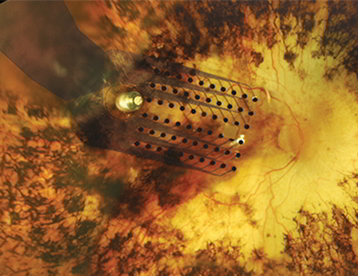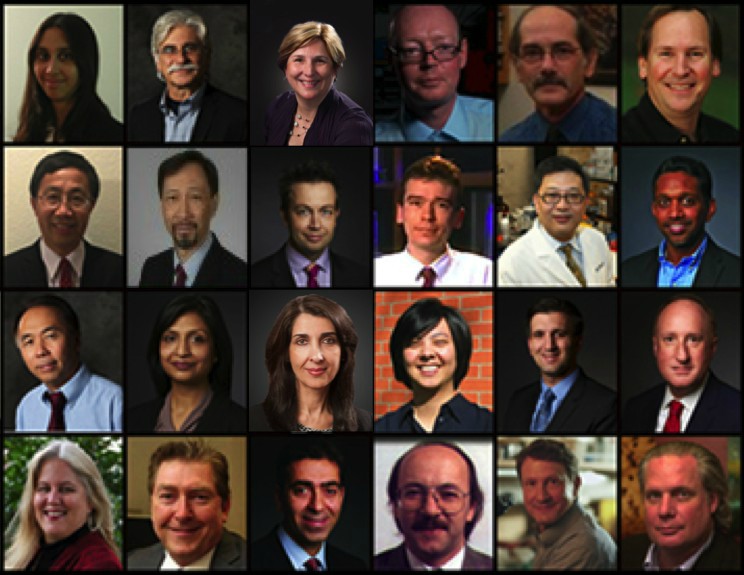An Institute without Borders
On behalf of our team, it is my pleasure to welcome you to the USC Dr. Allen and Charlotte Ginsburg Institute for Biomedical Therapeutics (USC Ginsburg IBT).
Working at the interface of medicine and engineering, USC Ginsburg IBT’s vision is to transform bioengineered neural interfaces into treatments for patients for whom there is currently no foreseeable cure. Using an interdisciplinary approach, our mission is to further our basic understanding of debilitating neurosensory disorders, ultimately leading to the development of novel diagnostic and treatment options.
Research and Innovation
Our researchers and clinicians represent a diverse group of individuals who bring cross disciplinary expertise in several areas, including chemistry, bioengineering, neuroscience, electronics, pharmacology, imaging, materials science, and business. Our unique in-house facilities include biomedical engineering labs, a clean room, machine shop and electronics facilities, creating a dynamic and collaborative working environment which fosters innovation and discovery.
Forging Partnerships
IBT is bridging the gap between academia and industry, establishing a symbiotic relationship that has led to innovative research and commercialization. Our industry partners have facilitated access in the development of disruptive technologies that have brought us to the forefront of science and medicine. The academic-industry interface exposes our IBT students and researchers to industry and in turn allows corporate collaborators access to the academic research community.
Outreach
IBT strives to engage and inspire the students of tomorrow. We have established programs and courses in the area of biomimetic neuro-engineering and medical device development. In addition to our high school outreach programs, IBT provides opportunity for our undergraduate and graduate students to collaborate with industry partners. We are committed to improving diversity with the aim of providing opportunities for under-represented minorities within the fields of science, medicine and engineering.
Sincerely,
Mark S. Humayun, MD, PhD



